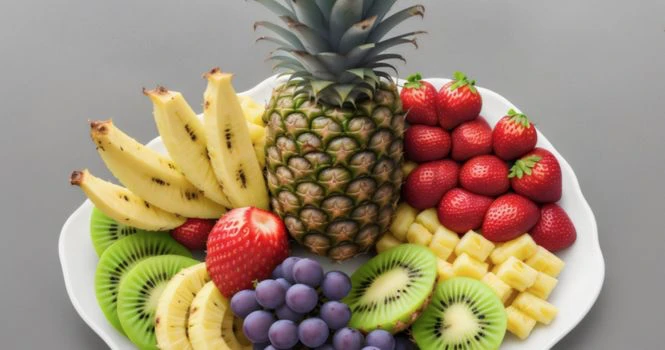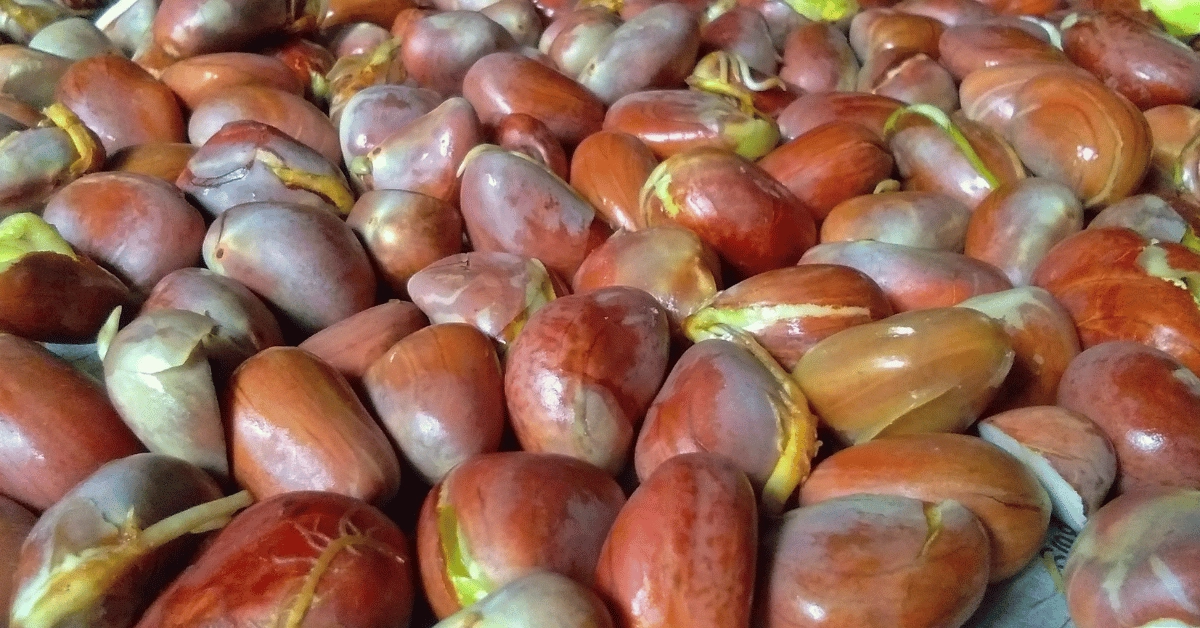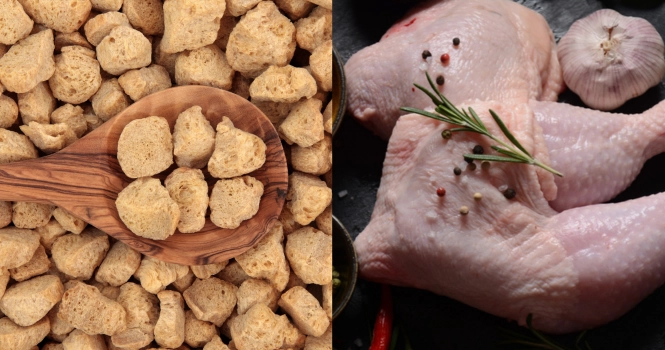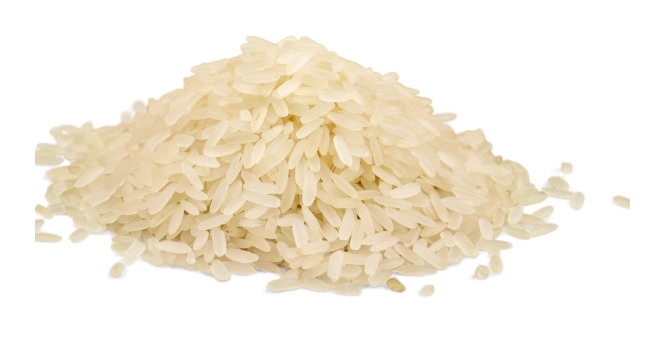Vegan protein and vegetarian protein both come from plant sources, but there is a slight difference between the two.
Vegetarian protein sources include both plant-based foods and animal products such as dairy, eggs, and sometimes even honey. In contrast, vegan protein sources only come from plant-based foods such as legumes, grains, nuts, seeds, and soy products.
Therefore, while both vegan and vegetarian diets emphasize plant-based foods, a vegan diet strictly avoids all animal products, including dairy and eggs, whereas a vegetarian diet may include these animal products.
List of High Protein Vegan Foods
1. Lentils
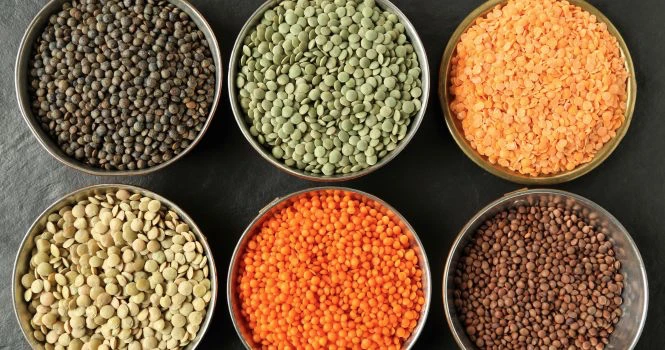
Lentils are a great source of plant-based protein, one-cup serving of cooked lentils provides about 18 grams of protein, making them a popular protein source for vegetarians and vegans.
Lentils are also high in fiber, complex carbohydrates, and a variety of vitamins and minerals, including iron and folate.
They are also versatile and can be used in a variety of dishes, such as soups, stews, salads, and even veggie burgers, making them a great addition to any plant-based diet.
2. Chickpeas
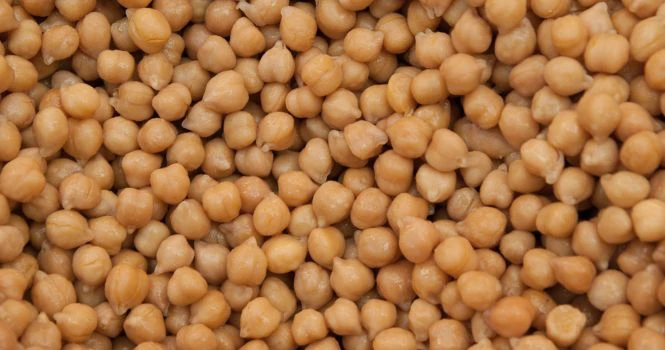
Chickpeas are an excellent source of plant-based protein. A one-cup serving of cooked chickpeas provides about 15 grams of protein.
In addition to protein, chickpeas are also rich in fiber, complex carbohydrates, and a variety of vitamins and minerals.
They are also versatile and can be used in a variety of dishes, such as salads, stews, and curries, making them an easy and delicious addition to a plant-based diet.
3. Tofu
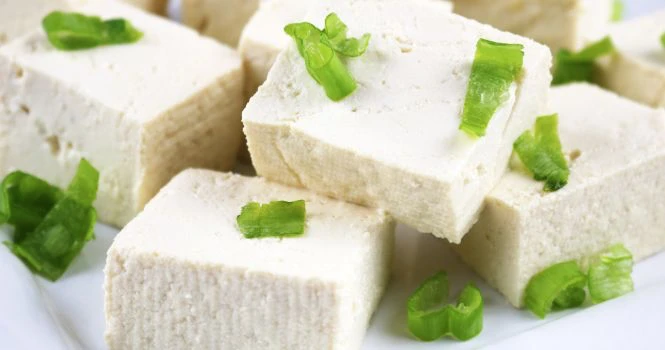
Tofu is a popular plant-based protein source commonly used in vegetarian and vegan diets. Made from soybeans, tofu is low in calories but high in protein, providing about 10 grams of protein per 100 grams of tofu.
Tofu is also a good source of other essential nutrients, including iron, calcium, and magnesium. It is also versatile and can be used in a variety of dishes, such as stir-fries, soups, salads, and even desserts, making it a great addition to any plant-based diet.
4. Tempeh
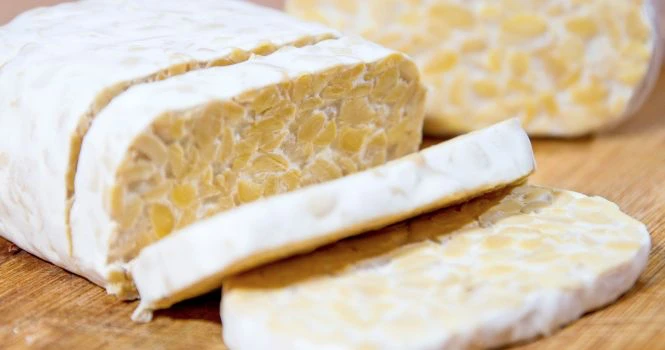
Tempeh is a fermented soybean product that is similar to tofu in texture but has a nuttier flavor. It is a great source of plant-based protein, providing about 18 grams of protein per 100 grams of tempeh.
In addition to protein, tempeh is also a good source of iron, calcium, and magnesium.
5. Seitan
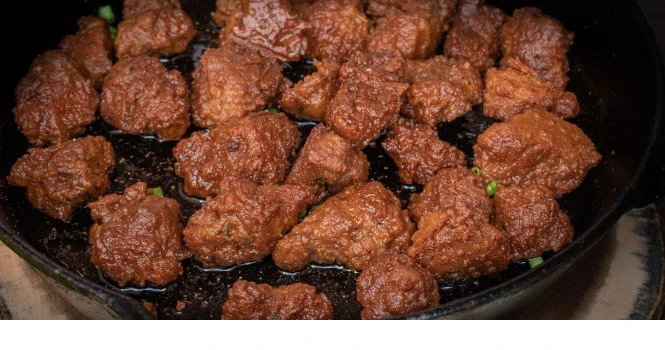
Seitan, also known as wheat meat or wheat gluten, is a popular plant-based protein source used in vegetarian and vegan diets. Made from wheat gluten, seitan is low in fat but high in protein, providing about 25 grams of protein per 100 grams of seitan.
Seitan is also a good source of other essential nutrients, including iron and calcium. It has a meaty texture and can be used in a variety of dishes, such as stir-fries, sandwiches, and stews.
With its high protein content and meat-like texture, seitan is a great option for vegetarians and vegans looking to add more protein to their diets without consuming animal products.
However, it should be noted that seitan is not suitable for those with celiac disease or gluten intolerance.
6. Quinoa
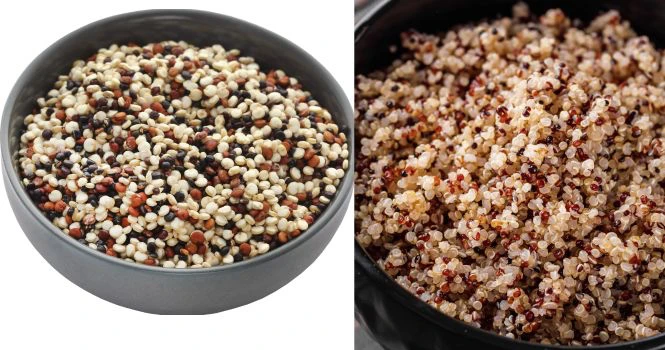
Quinoa is a popular gluten-free grain that is also a great source of plant-based protein. It provides about 8 grams of protein per cup (185 grams) of cooked quinoa, making it one of the few plant foods that is considered a complete protein, meaning it contains all nine essential amino acids that our body needs.
Quinoa is also a good source of other essential nutrients, including fiber, iron, magnesium, and manganese. It has a nutty flavor and can be used in a variety of dishes, such as salads, stir-fries, and even desserts.
7. Buckwheat
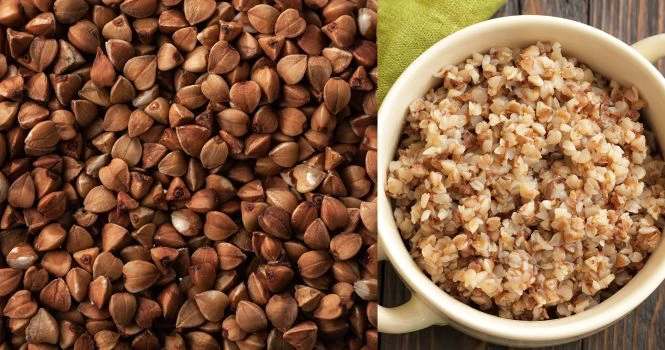
Buckwheat is a gluten-free seed that is often used as a grain substitute. It is also a great source of plant-based protein, providing about 6 grams of protein per cup (168 grams) of cooked buckwheat.
In addition to protein, buckwheat also contains fiber, iron, and magnesium.
It has a nutty flavor and can be used in a variety of dishes, such as porridge, salads, and baked goods.
8. Oats
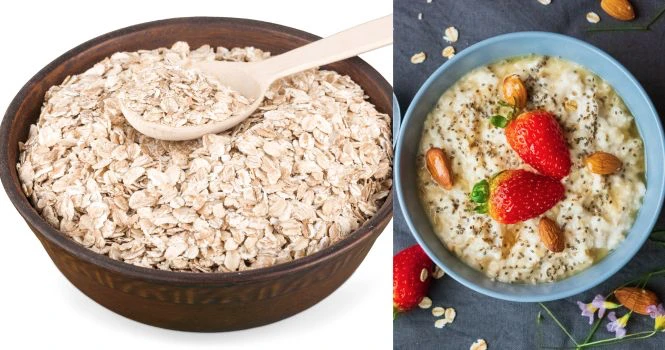
Oats are a popular breakfast food that are also a great source of plant-based protein. They provide about 6 grams of protein per cup (156 grams) of cooked oats.
They can be prepared in a variety of ways, such as oatmeal, granola, or even used as a substitute for flour in baked goods
9. Chia seeds
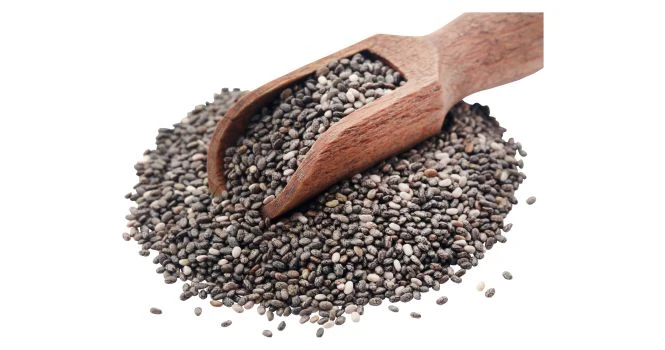
Chia seeds are a small black and white seed that are packed with plant-based protein.
Just one ounce (28 grams) of chia seeds provides about 4 grams of protein.
Chia seeds are also a good source of fiber, omega-3 fatty acids, and various minerals like calcium and magnesium. They can be added to a variety of dishes, such as smoothies, yogurt, and oatmeal, to boost their protein and nutritional content.
10. Hemp seeds
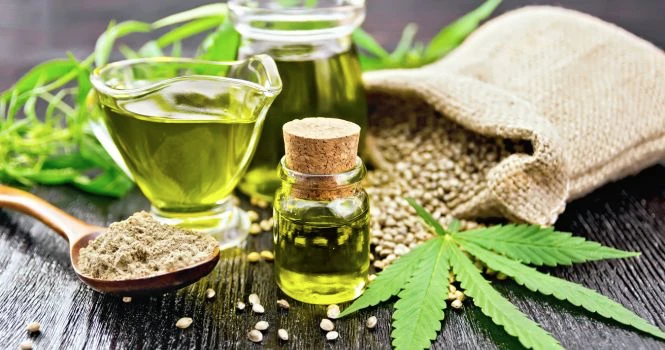
Hemp seeds are a type of seed that come from the hemp plant and are a great source of plant-based protein.
Just three tablespoons (30 grams) of hemp seeds provides about 9 grams of protein, Hemp seeds are also a good source of essential fatty acids, fiber, and various minerals like iron and magnesium.
They can be added to a variety of dishes, such as smoothies, salads, and oatmeal, to boost their protein and nutritional content.
11. Spirulina
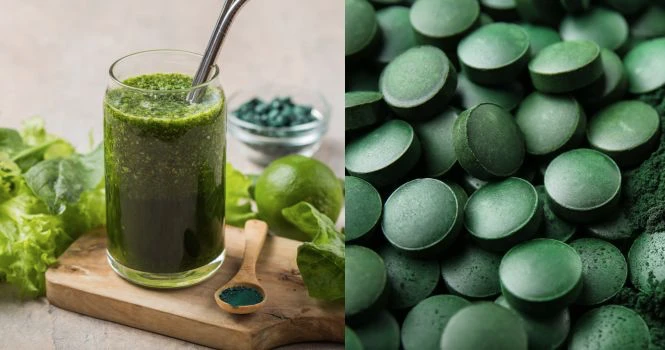
Spirulina is a type of blue-green algae that is packed with nutrients, including plant-based protein. Just one tablespoon (7 grams) of spirulina powder contains about 4 grams of protein.
Spirulina is also a good source of various vitamins and minerals, such as iron, vitamin B12, and beta-carotene.
It can be added to smoothies, juices, and even used as a natural food coloring in recipes. Due to its high protein content and impressive nutrient profile, spirulina has gained popularity as a superfood in recent years.
However, it’s important to note that spirulina should be sourced from a trusted and reputable brand, as it can potentially be contaminated with harmful substances when grown in polluted waters.
12. Nutritional Yeast
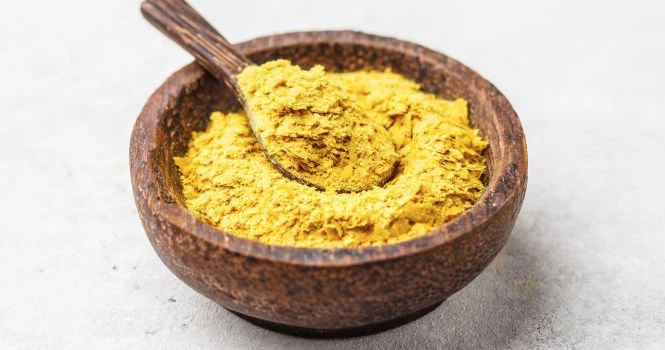
Nutritional yeast is a type of deactivated yeast that is commonly used as a seasoning or condiment in vegan and vegetarian dishes. It has a nutty and cheesy flavor and is a great source of plant-based protein, with about 2 tablespoons (10 grams) providing around 5 grams of protein.
It’s also a good source of vitamin B12, which is essential for healthy nerve function and the production of red blood cells.
Nutritional yeast is versatile and can be sprinkled on top of salads, popcorn, or roasted vegetables for a boost of protein and flavor. It can also be used in sauces, dressings, and dips for added creaminess and nutrition.
13. Edamame
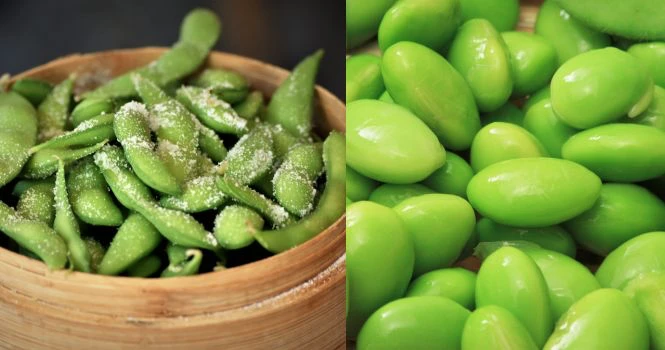
Edamame is a popular appetizer or snack that consists of young soybeans still in their pods. It’s a great source of plant-based protein, with 1/2 cup (75 grams) of cooked edamame providing around 11 grams of protein.
Edamame is also a good source of fiber, vitamins, and minerals, including folate, vitamin K, and potassium.
It’s commonly served as a side dish or added to salads, stir-fries, and soups. Edamame can also be enjoyed as a snack on its own, simply by boiling or steaming the pods until they’re tender and seasoning them with salt or other spices.
14. Peanuts
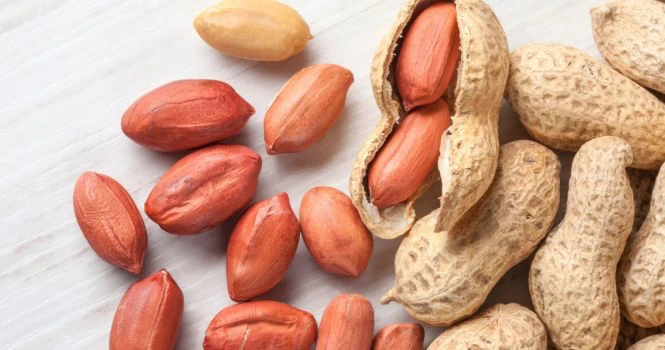
Peanuts are a popular legume that are rich in protein, healthy fats, and fiber. They are also a good source of vitamins and minerals, including vitamin E, magnesium, and phosphorus.
A 1-ounce (28-gram) serving of peanuts contains around 7 grams of protein, making them a great snack option for those looking to increase their protein intake.
Peanuts are also versatile and can be enjoyed in a variety of ways, including roasted, boiled, or as peanut butter.
Peanut butter is a particularly popular way to enjoy peanuts and can be added to smoothies, spread on toast, or used as a dip for fruit or vegetables. However, it’s important to keep in mind that peanuts are also high in calories
15. Almonds
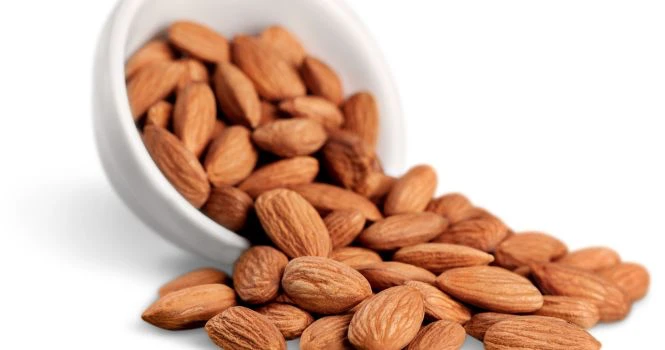
Almonds are a type of nut that are rich in protein, healthy fats, and fiber. They are also a good source of vitamins and minerals, including Vitamin E, magnesium, and potassium.
A 1-ounce (28-gram) serving of almonds contains around 6 grams of protein, making them a great snack option.
Almonds are also versatile and can be enjoyed in a variety of ways, including raw, roasted, or as almond butter.
Almond butter is a particularly popular way to enjoy almonds and can be added to smoothies, spread on toast, or used as a dip for fruit or vegetables
16. Pistachios
Pistachios are a type of nut that are high in protein and other important nutrients. A 1-ounce (28-gram) serving of pistachios contains around 6 grams of protein
Pistachios are also a good source of healthy fats, fiber, and antioxidants.
They can be enjoyed on their own as a snack, or added to salads, baked goods, or savory dishes for added crunch and flavor.
17. Sunflower seeds
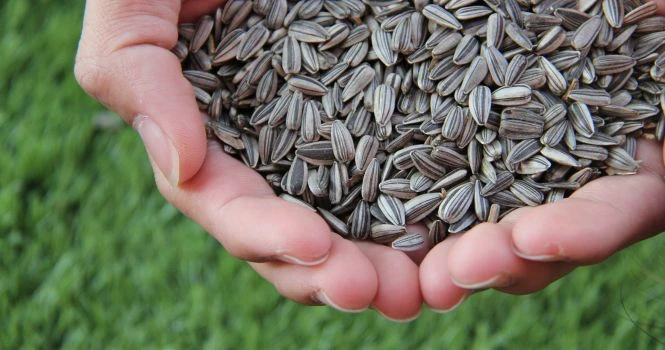
Sunflower seeds are a nutritious and protein-rich snack that can be enjoyed in a variety of ways. A 1-ounce (28-gram) serving of sunflower seeds contains around 6 grams of protein.
In addition to protein, sunflower seeds are also a good source of healthy fats, fiber, and important vitamins and minerals such as Vitamin E, Magnesium, and Selenium.
18. Black beans
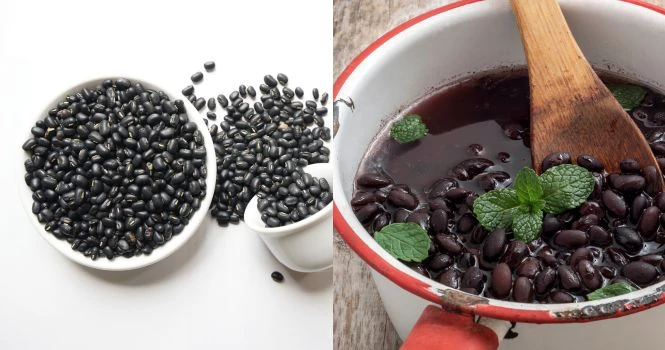
Black beans are a great source of protein for vegans and vegetarians, as they contain about 15 grams of protein per cup of cooked beans.
They are also a good source of fiber, iron, and antioxidants. Black beans can be used in a variety of dishes such as soups, salads, and veggie burgers. They can also be mashed and used as a filling for tacos and burritos.
19. Kidney beans
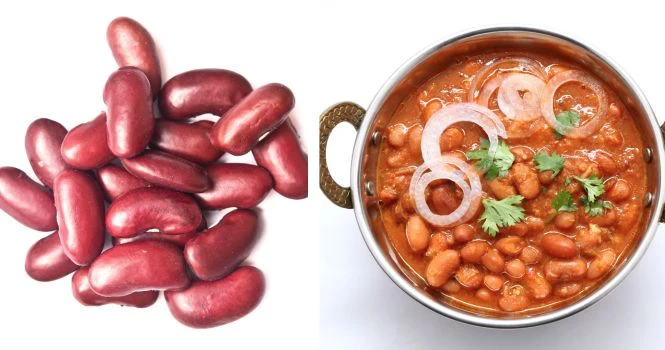
Kidney beans are a great plant-based source of protein, containing about 15 grams of protein per cup of cooked beans.
They are also a good source of fiber, iron, and folate. Kidney beans are versatile and can be used in a variety of dishes such as chili, soups, and salads.
They can also be mashed and used as a filling for tacos and burritos. However, it’s important to note that raw or undercooked kidney beans can be toxic and may lead to nausea, vomiting and diarrhea within a few hours of ingestion; so they should be cooked thoroughly before consumption.
20. Lima beans
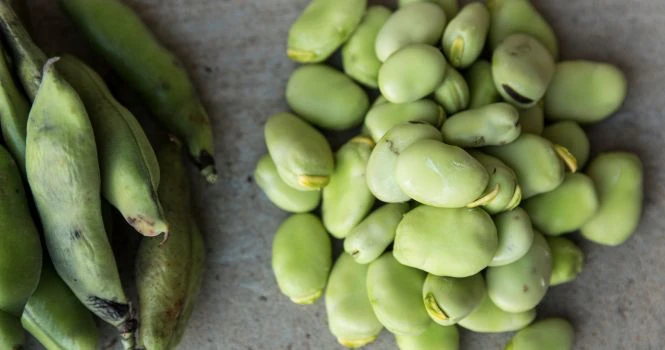
Lima beans are a great source of plant-based protein, offering around 7 grams of protein per half-cup serving. They are also a good source of fiber, iron, and potassium.
Lima beans can be cooked and added to soups, stews, and salads, or they can be mashed and used as a base for dips and spreads.
21. Peas
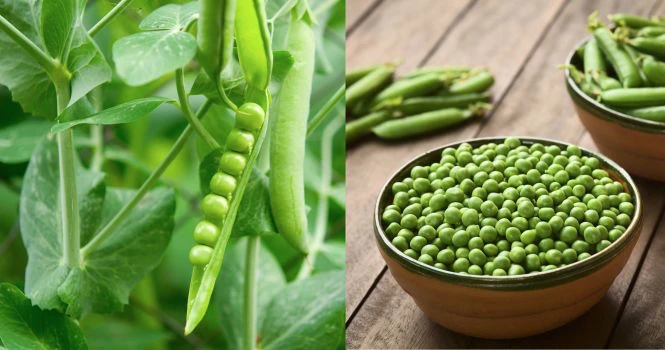
Peas are a great source of plant-based protein, containing about 5-8 grams of protein per 100 grams. They are also rich in essential amino acids like lysine and arginine, which are not commonly found in other plant-based protein sources.
Peas are a versatile food that can be eaten on their own, added to salads, soups, stews, or used as a side dish. They can also be used as a base for dips like hummus or mixed with grains to create a complete protein meal.
22. Spinach
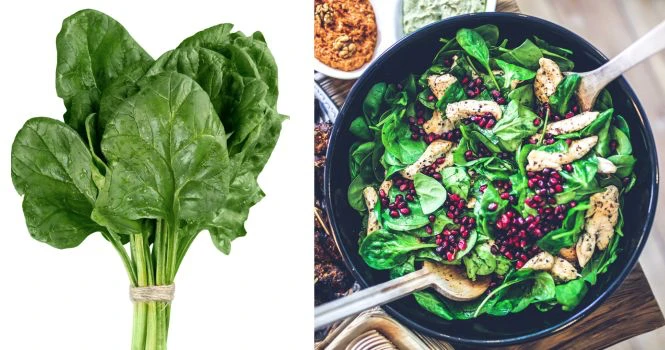
Spinach is a leafy green vegetable that is a great source of protein for vegetarians and vegans. It is rich in nutrients such as iron, vitamin C, and vitamin A.
One cup of cooked spinach contains about 5 grams of protein, making it a great addition to salads, smoothies, or as a side dish.
It can be cooked in a variety of ways, such as steaming or sautéing, and is a versatile ingredient that can be added to a wide range of recipes to boost the protein content.
23 Broccoli
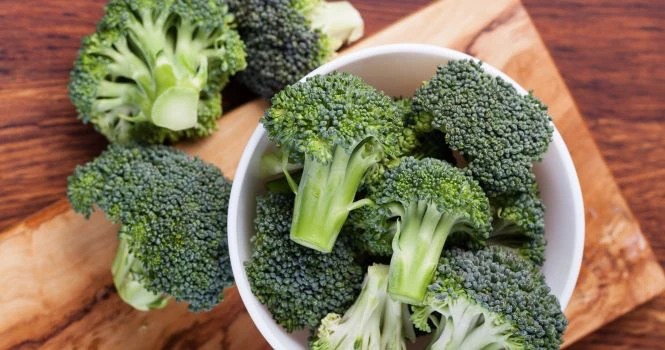
Broccoli is a great source of plant-based protein, as well as many other nutrients such as vitamins C and K, fiber, and antioxidants.
One cup of chopped broccoli contains approximately 2.6 grams of protein. This may not seem like a lot compared to other protein sources, but broccoli is a low-calorie vegetable that can easily be incorporated into a variety of meals.
To boost the protein content of your broccoli dish, you can add other plant-based protein sources such as tofu, tempeh, or legumes.
24. Asparagus
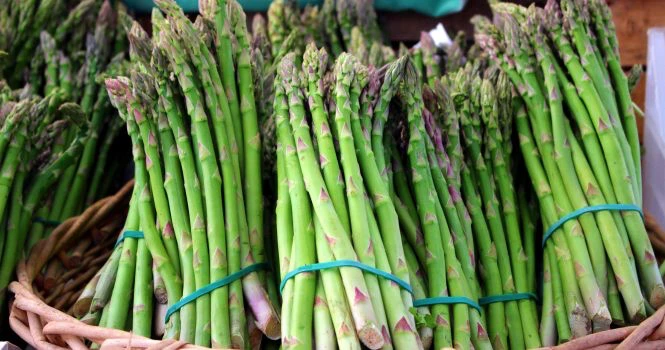
Asparagus is a vegetable that is high in protein and low in calories. A cup of asparagus contains about 2.9 grams of protein.
Asparagus is also a good source of fiber, vitamins, and minerals, making it a nutritious addition to any meal. It can be cooked in a variety of ways, such as grilling, roasting, or steaming, and can be enjoyed as a side dish or added to salads, omelets, or stir-fries.


